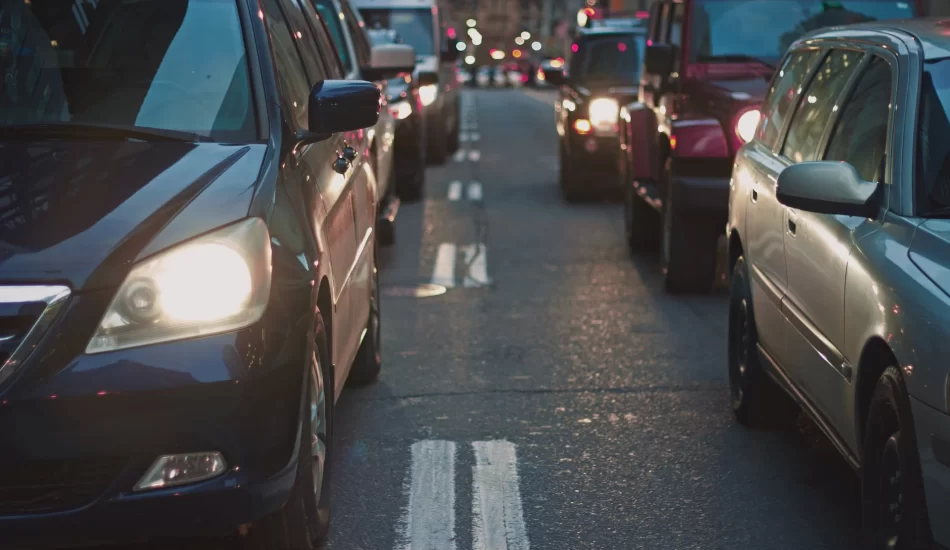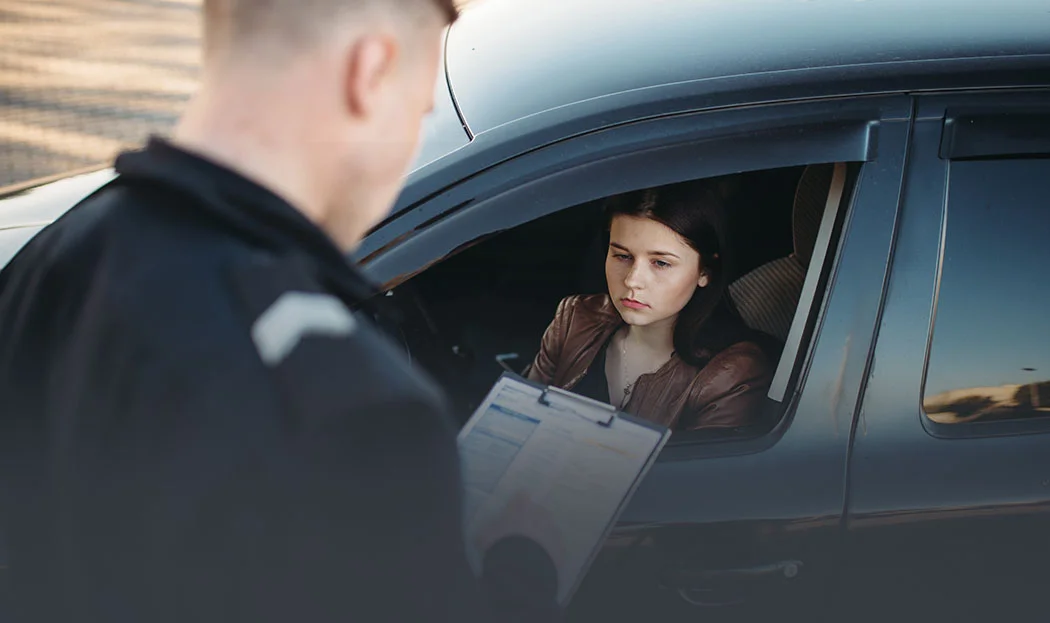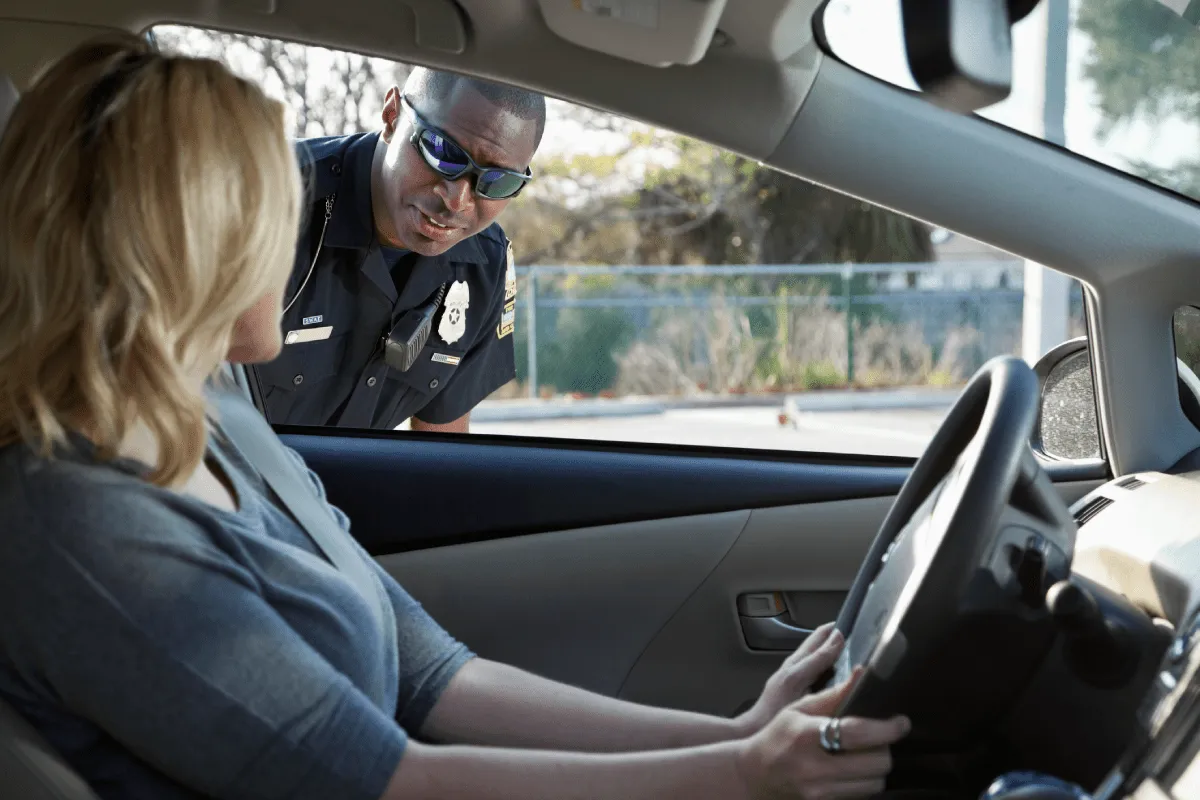Traffic Violation Questions In California Answered By An Alameda County Defense Attorney

Are you facing a traffic violation charge? Do you need legal advice or representation in court? Facing traffic violations in California can be an overwhelming experience because of the complex nature of the laws and the justice system.
It is integral for you to contact a defense lawyer immediately after you are arrested or charged with a traffic violation. Louis J. Goodman is a former Alameda County Deputy District Attorney and has dedicated his professional career to the justice system. Schedule a consultation call with Louis for legal advice or representation in court.
This is a 2023 compilation of the most asked traffic violation questions in California. Louis J. Goodman has provided short but informative answers to these questions.
These FAQs delve into common traffic violation queries, and the answers leverage Goodman’s extensive experience and deep knowledge of the California legal landscape. For more information or queries about traffic violations speak with a legal consultant at the law office of Louis J. Goodman.
Here are 19 questions asked by general folk about traffic violations in California:
The Most Asked Traffic Violations Questions in the State of California in 2023

1. What is a traffic violation in California?
A traffic violation in California is any act that goes against state traffic laws. It can range from speeding to not following proper lighting rules.
2. How long do traffic violations stay on your record in California?
In California, traffic violations typically remain on a person’s driving record for about three years.
3. What are the penalties for traffic violations in California?
Penalties for traffic violations in California include fines, points on your driving record, and in severe cases, jail time or license suspension.
4. What is the difference between a major and minor traffic violation in California?
Major traffic offenses, like Driving Under the Influence (DUI) or vehicular homicide, can lead to significant fines, jail time, or license suspension. Minor traffic infractions, like nonmoving violations or mechanical violations, usually result in fines.
5. How much is a traffic violation ticket in California?
The cost of a traffic violation ticket in California varies based on the offense. For instance, a speeding ticket can cost from a few hundred to thousands of dollars, depending on the speed limit exceeded and other aggravating factors.
6. How do I look up traffic tickets in California?
To look up traffic tickets in California, visit the county court’s website where the violation occurred or contact the court. They provide information on your traffic offense and necessary court appearances.
7. What do I do if I lose my traffic ticket in California?
If you lost your traffic ticket in California, contact the court in the county where you received the ticket. Provide your details to retrieve information about your traffic offense and the next steps.
8. What is a moving violation in California?
A moving violation in California is any traffic offense committed while the vehicle is in motion, like speeding or running a stop sign.
9. What is an example of a one-point violation in California?
An example of a one-point violation in California is a speeding ticket. This adds one point to your person’s driving record.
10. What are non-moving violations in California?
Nonmoving violations in California include mechanical violations or parking offenses, which occur when the vehicle is stationary.
11. What is the most common citation in a traffic accident?
The most common citation in a traffic accident is for a moving violation, such as failing to yield or improper turning.
12. How much is a red-light ticket in California?
A red-light ticket in California typically costs around $490, which includes the fine and additional fees. This is a common traffic infraction with significant fines.
13. What is a California Highway Patrol Ticket Look-Up?
California Highway Patrol ticket look-up is a system for checking the status and details of a traffic ticket issued by the Highway Patrol. This is usually done online or by contacting the relevant court.
14. Can I get a traffic ticket extension in California?
Yes, you can request a traffic ticket extension in California. This is done by contacting the court listed on the ticket before the due date.
15. Can I be forgiven for a traffic ticket in California?
Forgiveness for a traffic ticket in California typically involves attending traffic school, which may prevent points from being added to your driving record.
16. What happens when you get a traffic ticket in California?
When you get a traffic ticket in California, you must pay the fine, contest the ticket in court, or attend traffic school. Failing to respond can lead to additional penalties.
]17. What happens if you get caught going 100 mph in California?
If you get caught going 100 mph in California, it is considered a serious traffic offense and can result in a license suspension, significant fines, and increased insurance rates.
18. Is speeding a crime in California?
Speeding can become a criminal offense in California if it involves reckless driving or endangers others, leading to criminal charges and possible jail time.
19. What is a 3-point violation in California?
A 3-point violation in California includes serious traffic offenses like DUI, hit-and-run, and reckless driving. These violations can lead to license suspension and other serious consequences.
What The Law Says about Traffic Violations in California

California law categorizes traffic violations into several types. Civil infractions are minor offenses. They include speeding or running a stop sign. These infractions often result in fines or points on your driving record. More serious violations are criminal traffic offenses. These include DUIs or hit-and-runs, and they can lead to heavier penalties.
Some traffic violations escalate to traffic felonies in California. Examples are vehicular homicide or repeat DUI offenses. Traffic felonies carry severe consequences, like jail time or hefty fines. Criminal offenses like these require a court appearance and can affect your future significantly.
In cases of criminal traffic offenses, minor traffic violations, and drug offenses, consulting a criminal defense attorney in California is crucial. They provide legal advice and represent you in court. Whether it’s a misdemeanor or felony, proper legal representation is key in navigating these complex situations. Driving-related offenses impact your record and future, making legal guidance essential.
Charged With a Traffic Violation in California? Contact Criminal Defense Attorney Louis J. Goodman
Louis J. Goodman is a leading criminal defense attorney in California. He brings over 25 years of experience from the California legal system. His background as a former prosecutor gives him unique insights and knowledge in defending your rights. If you need an experienced and compassionate legal representative who will ensure that you get a favorable outcome for your case, schedule a consultation call with Louis J. Goodman today.
Request A Free Case Evaluation
Fields marked with an * are required
"*" indicates required fields



